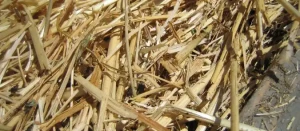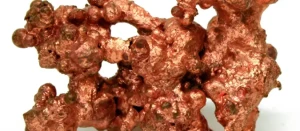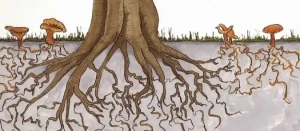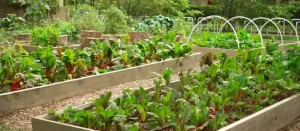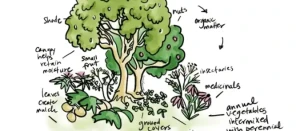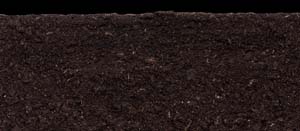SEARCH RESULTS > ARTICLES > nutrient uptake
The no-dig method, also known as no-till gardening, is a sustainable and organic approach to cultivating vegetables without disturbing the soil structure. This gardening technique has gained popularity among gardeners due to its numerous benefits for soil health, plant growth, and overall garden productivity. Unlike traditional gardening methods that involve tilling, digging, and turning the soil, the no-dig method emphasizes minimal soil disturbance. Instead of breaking up the soil, gardeners layer organic materials on top of the ground to create nutrient-rich soil beds where plants can thrive. By implementing the no-dig method, gardeners can improve soil structure, enhance soil fertility, and promote beneficial soil organisms such as earthworms and microorganisms. Additionally, this approach helps to conserve water, reduce weed growth, and minimize soil erosion. Learn More
Electroculture gardening, an age-old practice gaining renewed attention, involves the application of electrical stimulation to enhance plant growth, health, and productivity. This innovative technique harnesses the power of electrical fields to optimize soil conditions and promote vibrant, resilient plants. Learn More
Gardening enthusiasts are always on the lookout for ways to enhance the health and vitality of their plants. One often overlooked but crucial player in the world beneath the soil is Mycorrhizal fungi. These remarkable fungi form a symbiotic relationship with plants, contributing significantly to soil health and overall plant well-being. Learn More
Gardening enthusiasts are increasingly turning to sustainable and environmentally-friendly practices, and one such method gaining popularity is no-till gardening. No-till gardening is a technique that eliminates or minimizes soil disturbance, promoting healthier soil and more robust plant growth. In this comprehensive guide, we will explore the principles and techniques of creating a successful no-till garden. Learn More
In permaculture, the term "guild" refers to a grouping of plants, animals, fungi, and other elements that work together in a symbiotic and mutually beneficial way within a specific ecosystem or garden. The concept of guilds is derived from the observation of natural ecosystems, where different species coexist and support each other in various ways. Learn More
The microbiome in your garden soil refers to the diverse community of microorganisms that inhabit the soil. These microorganisms play a crucial role in maintaining soil health, nutrient cycling, and plant growth. The soil microbiome consists of various organisms, including bacteria, fungi, archaea, viruses, and microfauna (such as nematodes and protozoa). Here are some key points about the microbiome in garden soil. Learn More
